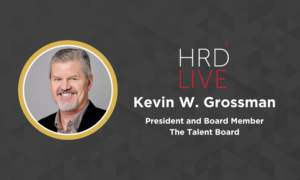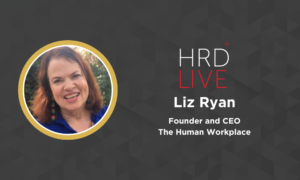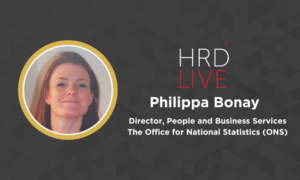The learning and development process with Tim Wray, Warwick Business School
- 3 Min Read
Tim Wray of the Warwick Business School outlines the learning and development process today: how it’s changed, the way it is accessed and why it matters.
- Author: Fin Murphy
- Date published: Nov 18, 2020
- Categories

Today, businesses and employees operate in tough conditions, and the learning and development process may be cast-off as an unnecessary expenditure.
For business, key issues include strategic overhauls, slashed forecasts, and a drive to retain top staff members. For employees, the threat of furlough or redundancy, adjusting to remote working, and curtailed prospects mean that many professionals feel that they’re in a precarious state.
From increased remuneration packages to a shift to flexible working, businesses are working to offer employees a better deal in straitened circumstances.
Learning and development is one area where businesses and employees truly derive a mutual benefit. The workforce becomes more skilled, experienced and ready for the challenges and opportunities ahead, leading to improved performance, better engagement, and a boost to employer branding.
However, is learning and development too rooted in notions of drab conference rooms, stale coffee, and dreaded team-building exercises? From recent market insights, we’re able to see that learning and development is easily accessible, properly structured and complementary to other HR initiatives in organizations.
To gain a comprehensive view of the learning and development process today, HRD Connect sat down with Tim Wray, the Professor of Practice (Leadership and Organisational Change) and Director of Executive Education at Warwick Business School (WBS). WBS is ranked by the FT as one of the top five business schools in the UK.
Tim has over 20 years of experience as a practitioner, consultant and executive educator specializing in strategic change, leadership, organizational communication and employee engagement. Tim holds graduate degree qualifications from Trinity College Dublin.
Rooted in the Warwick Business School’s Organizational Learning Report, our discussion delves into key L&D trends, how to encourage professionals to continually progress, the importance of leadership development, and the importance of communication in operations today.
Stay tuned for further podcasts on the most pressing issues in HR today.
0:30 – Key findings from the Organisational Learning Report
4.15 – The learning and development process as a key strategic component
5.28 – Organizational culture in relation to the learning and development process
9.20 – What has driven agility in businesses?
11.45 – Leadership development in the field of practice
14.30 – Why communication is so vital today
15.40 – The learning and development process in relation to talent
19.11 – The rise of distanced learning
21.30 – Tailoring what’s needed in the learning and development process
22.20 – Closing remarks











